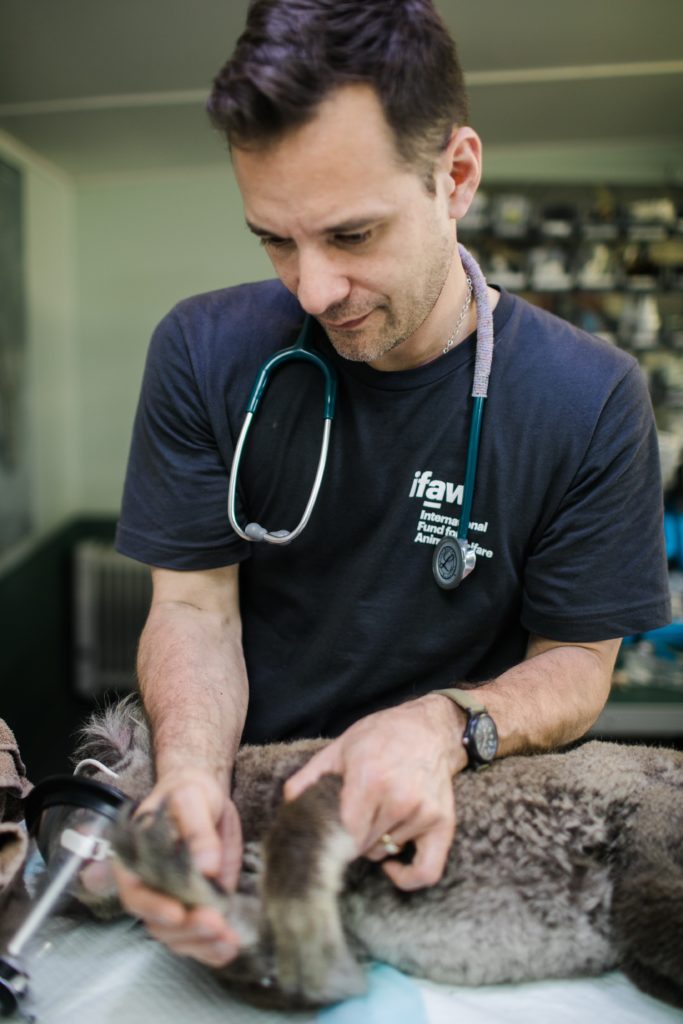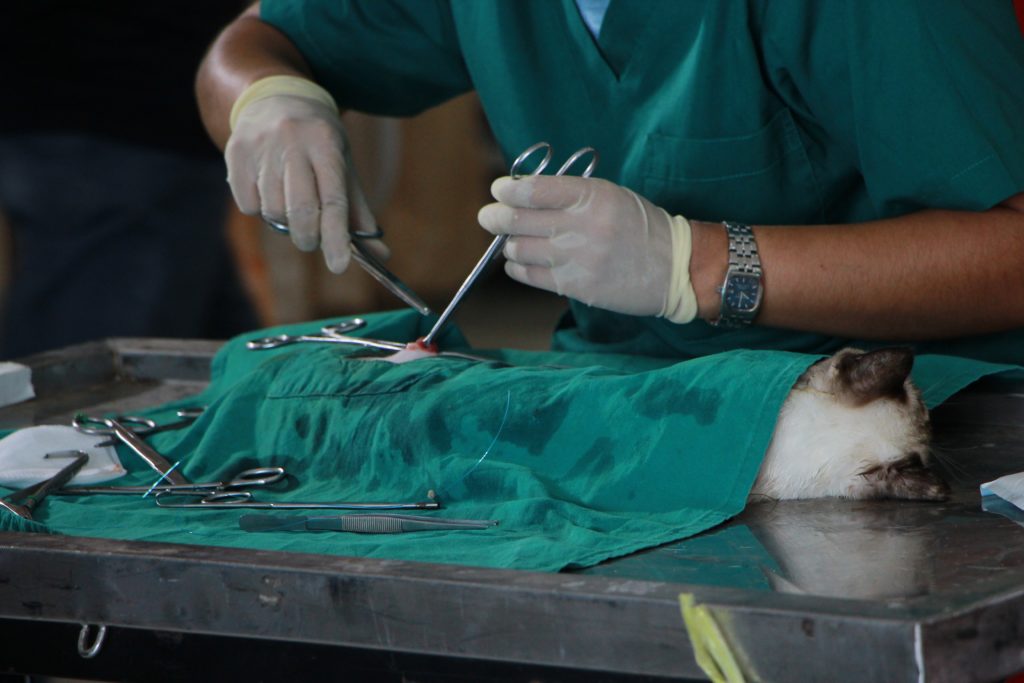Qualifications Needed to be a Vet
Maybe you’ve always desired to help animals, or you only recently discovered you want to practise veterinary medicine know qualifications needed to be a vet. Now that you’ve decided to pursue a profession as a veterinarian, you’ll need to figure out what skills, degrees, and certifications you’ll need.
What Skills Do You Need to Have?
A desire to help animals live better and happier lives is required to be a successful veterinarian. In addition, you should have a general interest in medical and healing and a scientific, analytical mindset that allows you to process a large amount of data. There are many talents you’ll develop on your way to becoming a full-fledged veterinarian, but here are a few that you should start developing now if you want to study veterinary practice in the future:
Anatomy
To be a successful veterinarian, you must have a fundamental understanding of animal anatomy. Unfortunately, it may be difficult to find animal anatomy courses in high school. Still, as soon as you begin your college degree, you’ll have access to animal anatomy courses that aspiring veterinarians, just like you are taking to perfect their skills.
Biology
The more biology you know, the better prepared you’ll be to pursue a profession as a veterinarian. A veterinarian’s day-to-day work focuses on animal behaviour and common animal diseases, but knowing the fundamentals of biology can help you prepare for the specific courses you’ll need to complete.
Animal Behavior
One of the most important components of being a veterinarian is understanding animal behaviour. Because animals cannot communicate and tell us what is wrong, veterinarians must learn to understand nonverbal indications that can reveal information about their symptoms and underlying diseases.

What Degree Do You Need?
A four-year undergraduate degree and a Doctor of Veterinary Medicine degree are required to become a full-fledged veterinarian. This degree takes four years to complete and is frequently abbreviated as DVM or VMD.
A DVM programme may admit applicants who have not completed their undergraduate degrees in some instances. However, you must take veterinary-related courses throughout your first two or three years of undergraduate education to be eligible for one of these unique programmes.
Are any certifications or licences required?
To practise legally in the United States, veterinarians must be licenced. However, you can only get a veterinary licence after completing an accredited DVM programme and passing a certification exam. Several organisations provide certification tests for aspiring veterinarians, but the North American Veterinary Licensing Examination is widely regarded as the most straightforward.
How long does it take to become a veterinarian?
To become a veterinarian, you will typically need to study for eight years. During your first four years of college, you’ll work towards an undergraduate degree that includes education relevant to your chosen profession. After that, you’ll devote four more years to earning your DVM.
In most situations, you can take your exam and get your licence right after you finish your DVM programme. However, keep in mind that your DVM programme will consist of extensive clinical training. You’ll receive on-the-job experience and make contacts during this programme that will help you further your career once you graduate.
You might be able to finish your DVM and become certified in six or seven years if you enrol in an accelerated programme. To do so, you’ll need to complete a DVM programme after finishing your undergraduate degree.
How Do You Become a Veterinary Doctor?
The contacts you develop during your studies will be crucial in helping you find work after graduation know the qualifications needed to be a vet. For example, during your clinical studies, you’ll encounter several veterinarians currently in the field. Some may work for huge corporations looking to expand their human resources.
Knowing people in the sector will help you with career networking and support, even if you decide to begin your practice right after graduation. Knowing who you’ll be interacting with at conferences before you graduate will be beneficial. If you cannot build your practice due to a lack of contacts, you can always apply for open veterinarian opportunities in your area.





